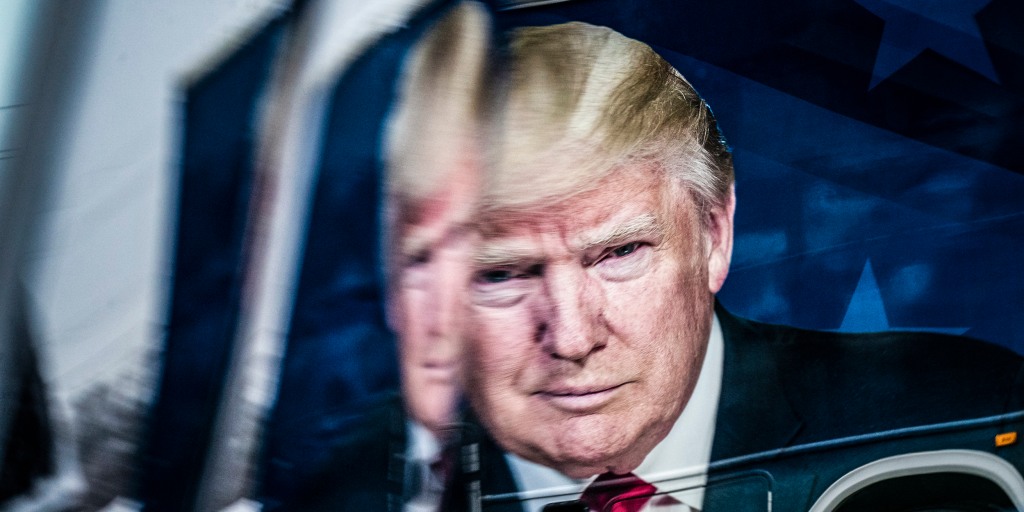Wayne L. Smith, an engineer based in the Washington, D.C., area, derided a photo he recently encountered featuring Republican presidential candidate Donald Trump seemingly surrounded by a group of happy Black individuals. The sight of this image immediately raised red flags for him.
Smith expressed skepticism about Trump’s attempts to garner support from the Black community, stating, “Every effort he makes to win over Black people seems disingenuous.” He added, “If that photo is contrived, why wouldn’t it be fake? It just didn’t sit well with me.”
Smith’s intuition regarding the photo proved accurate; it was actually fabricated by Mark Kaye, a Trump supporter and conservative radio host. Kaye openly admitted to using artificial intelligence to produce the image, which he then shared with his extensive following of 1 million Facebook users. Despite NBC News’ attempts to reach out to Kaye for comment, he remained unresponsive.
Kaye justified his actions by stating, “I’m not out there capturing real-life moments. I see myself as a storyteller.” He further remarked to BBC News, “If someone’s voting based on a single photo they stumble upon on a Facebook page, that’s more reflective of the individual than the content itself.”
While Trump’s campaign declined to provide a comment to NBC News regarding this matter, a campaign official previously asserted, “The only ones resorting to AI manipulation in elections are President Trump’s adversaries. The Trump Campaign bears no involvement in the creation of these AI-generated visuals, nor can we dictate the actions of others.”
In the current election cycle, Trump has managed to make some inroads with Black voters. According to an NBC News poll released in February, 16% of Black voters expressed openness to voting for Trump if the election were held today, a slight increase from the 12% who supported him in 2020.
Nonetheless, this instance of photo manipulation represents just one of the many awkward attempts made by Trump, his campaign, and his supporters to establish a connection with Black voters, including baseless claims of victimization within the legal system.
Rhonda Sherrod, a Democratic candidate for an Illinois Senate seat, criticized these efforts to court Black voters, noting that they often rely on racist stereotypes and can come across as demeaning. In a recent focus group conducted by NBC News with potential Black voters, the consensus was that Trump’s rhetoric frequently carries racist undertones.
The utilization of AI-generated images portraying Black individuals embracing Trump not only seeks to sway Black voters but also aims to reassure white voters who may have reservations about Trump’s past statements and behaviors, according to Calvin Lawrence, an IBM chief training officer specializing in responsible and ethical AI practices.
The narrative extends beyond manipulated photographs, with Trump even highlighting his mug shot as a supposed point of connection with Black voters. Additionally, the release of a high-end sneaker collection and other marketing tactics have been employed to appeal to Black voters, despite facing legal repercussions.
Critics like Rahna Epting, executive director of MoveOn, condemn these tactics as veiled bigotry disguised as campaign outreach. Epting emphasized that Black voters prioritize substantive issues such as the economy, safety, and healthcare over superficial gestures.
The misuse of AI in this context has raised significant concerns among experts. Elizabeth M. Adams, an AI specialist, characterized the AI-generated Trump images as a prime example of exploiting technology for ulterior motives. Adams, the CEO of EMA Advisory Services, stressed the importance of establishing ethical guidelines for AI usage to prevent such manipulative practices.
Similarly, IBM’s Lawrence, author of “Hidden in White Sight: How A.I. Empowers and Deepens Systemic Racism,” warned about the repercussions of unchecked AI exploitation. He highlighted the risk of eroding trust in information dissemination, potentially leading to societal discord and undermining democratic principles.
As AI continues to permeate the political landscape, the potential for misinformation and manipulation looms large. The psychological toll on Black voters, who must navigate a sea of conflicting narratives and misinformation, underscores the need for vigilance and critical discernment in the face of evolving technological challenges.










